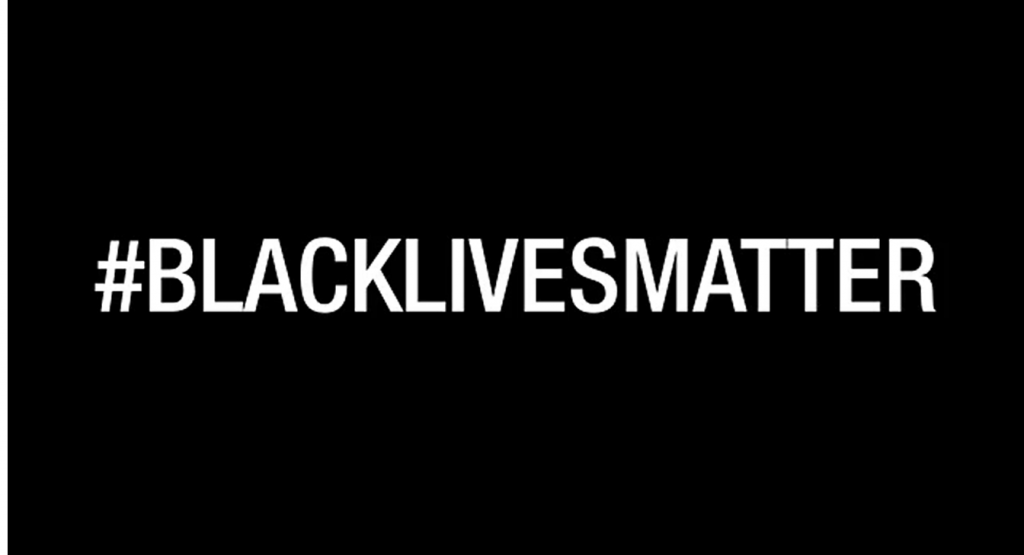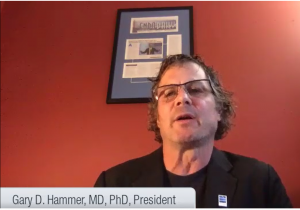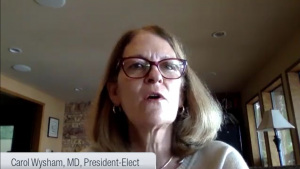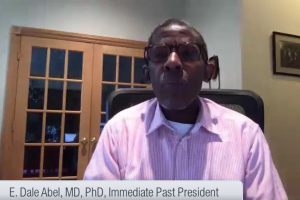
On June 16, the Endocrine Society held an Anti-Racism Vigil as part of its ongoing virtual annual meeting, ENDO Online 2020.
The Society believes that Black Lives Matter and so shared comments from our current president, Gary Hammer, MD, PhD; our president-elect, Carol Wysham, MD; and our immediate past president, E. Dale Abel, MD, PhD; as well as a moment of silence that lasted eight minutes and 46 seconds, the amount of time George Floyd endured the knee on his neck that so horrifically took his life.
“The Endocrine Society will continue to welcome and support scientists and clinicians from all backgrounds because science, like disease, has no borders.”

The Endocrine Society has long been a champion of diversity and inclusion – this year the Society celebrates 25 years of the formation of the Minority Affairs Committee, now known as the Committee on Diversity and Inclusion, or CoDI. One of CoDI’s priority initiatives, the Future Leaders Advancing Research in Endocrinology (FLARE) program, has for the past eight years advanced the careers of underrepresented graduate students, postdoctoral fellows, and early stage faculty involved in endocrine-related research, Wysham said. “The training and mentorship of more than 150 FLARE fellows has developed a generation of young leaders in our profession,” she said.

Before the moment of silence, Abel laid bare the ugly truth that some may still struggle to face – that even in 2020 there are those who face violence, abuse, neglect, and even mortality, simply because of the color of their skin, and the medical and scientific communities certainly aren’t immune. “Many of our colleagues are now hurting,” Abel said. “For many, it was a shocking wake-up call, and for others of us, it was a stark reminder that racial discrimination for some can be a matter of life and death.”
“Many of our colleagues are now hurting. For many, it was a shocking wake-up call, and for others of us, it was a stark reminder that racial discrimination for some can be a matter of life and death.”

Toward the end of the vigil, Society leadership announced a new online community of diversity, equity, and inclusion – an exclusive benefit that provides our members a chance to be heard and share their experiences. Go to community.endocrine.org to learn more and join the conversation.
“The Endocrine Society will continue to welcome and support scientists and clinicians from all backgrounds,” Hammer said, “because science, like disease, has no borders.”


